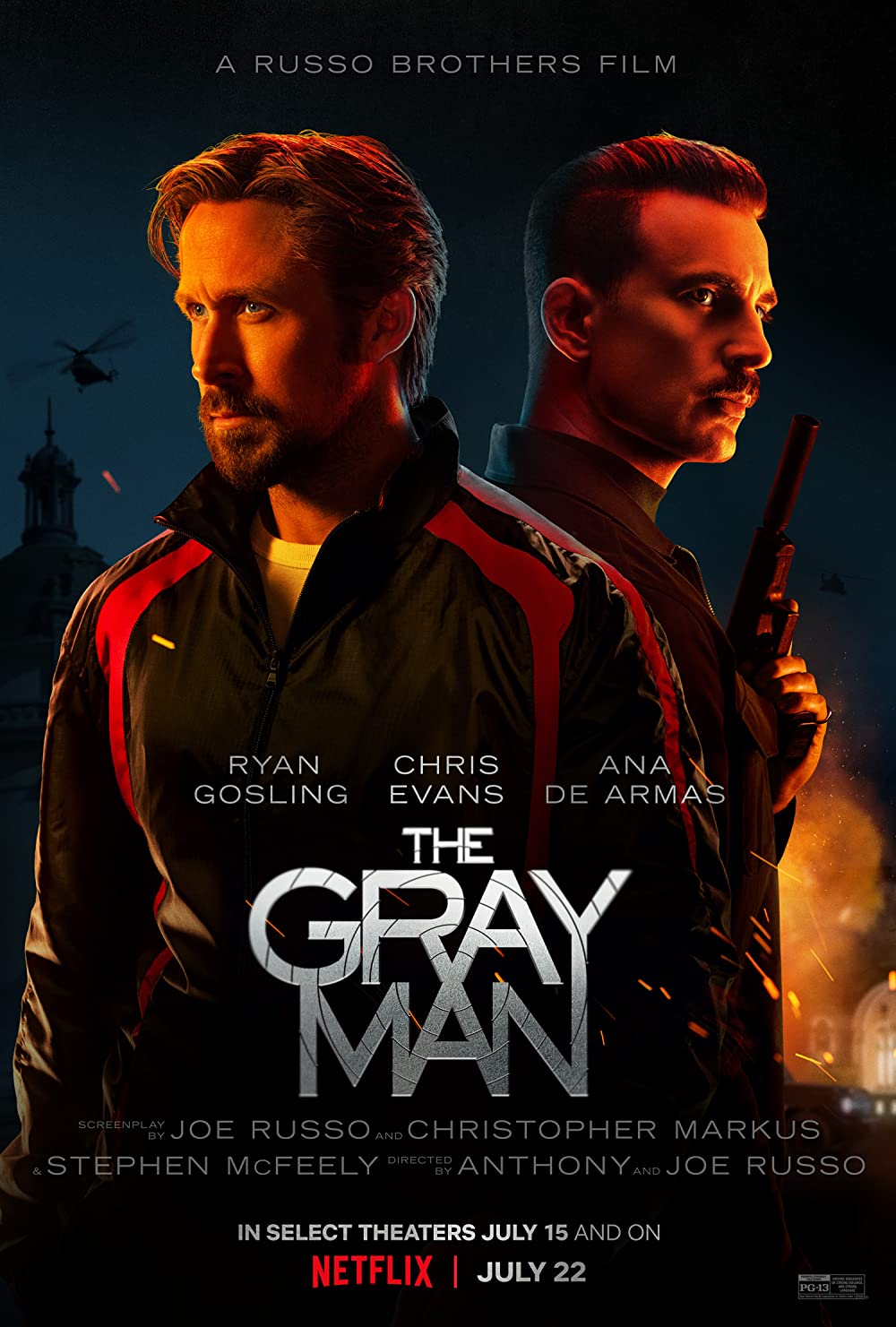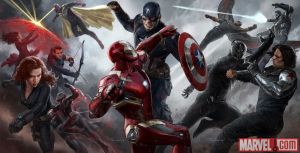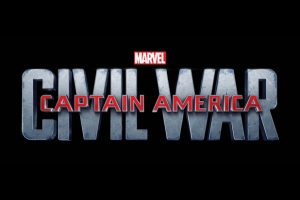
Captain America: The Winter Soldier’s poster
Minor spoilers
Captain America: The Winter Soldier is Marvel Studio’s take on a 1970s-style spy movie: dark and more than a little paranoid.
For the most part, it works. Put another way: It’s probably not a coincidence that Robert Redford, star of Three Days of The Condor, plays a prominent role in the film.
In this case, Redford has traded in his role of the semi-naïve lead (held down here by Chris Evans’s Cap) for the Max Von Sydow part.
For the uninitiated, 1970s spy movies had a much darker take the bulk of their 1960s counterparts, which tended to be escapist, led by the James Bond series produced by Eon Productions.
The ’70s were a time of real-life scandals involving the CIA and FBI and a U.S. president (Richard Nixon) forced to resign from office. Lest anybody miss this connection, the new Captain America film includes a long shot of SHIELD’s Washington headquarters where the Watergate apartments can be seen in the background.
To get a flavor of 1970s spy/political thrillers, consider this: Another of the era’s movies of note was 1974’s The Parallax View. It featured Warren Beatty as a reporter who investigates a conspiracy to assassinate political candidates. As a reviewer wrote at the time, Parallax is like having Cary Grant fall off Mount Rushmore at the end of 1959’s North By Northwest.
In translating ’70s style spy movies for the 21st century, Captain America: The Winter Soldier, directed by Anthony and Joe Russo offers a bit of something for everyone. For those who’ve watched the Marvel-produced films that began with 2008’s Iron Man, a lot of what you thought you knew has been turned on its head. But for newcomers, you don’t need to know all the background.
Suffice to say that Cap, the living legend of World War II (as he was billed during a 1960s comic book revival), has a lot of trouble figuring out who his friends and enemies are. Samuel L. Jackson’s Nick Fury keeps things from him as does Scarlett Johansson’s Black Widow. Meanwhile, Redford’s Alexander Pierce hovers, much like Van Sydow did in 1975’s Condor movie.
Fans of The Man From U.N.C.L.E. television series particularly may appreciate the 2014 movie’s main plot. Without giving too much away (except for hard core U.N.C.L.E. fans), it’s as if the villain’s plot in the first episode of the dark fourth season had succeeded, except it occurred a long time ago.
Put yet another way: this Cap movie realizes the potential of the notion the Bond movies had with the villainous organization Quantum in Casino Royale and Quantum of Solace.
The Russos clearly like shaky cam, but viewers can keep track of what’s going on. At 136 minutes, the movie is a trifle long, but generally satisfying, except for those who hate comic book-based movies under any circumstances.
Be warned: there are *two* epilogue scenes that take place during the end titles. The first is a teaser for 2015’s The Avengers 2. The other is a teaser for Cap 3, which currently is scheduled for May 2016, opposite Warner Bros.’s Superman-Batman movie.
If Cap 3 is as good as Captain America: The Winter Soldier, Warner Bros. executives may want to reconsider that Superman-Batman release date. GRADE: B-Plus.
Filed under: The Other Spies | Tagged: Anthony Russo, Captain America, Captain America: The Winter Soldier, Chris Evans, Joe Russo, Marvel Studios, Robert Redford, Samuel L. Jackson, Scarlett Johansson, The Man From U.N.C.L.E, The Other Spies | 3 Comments »









